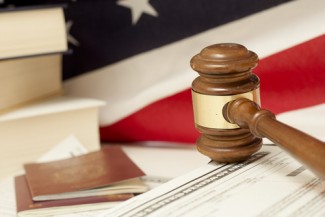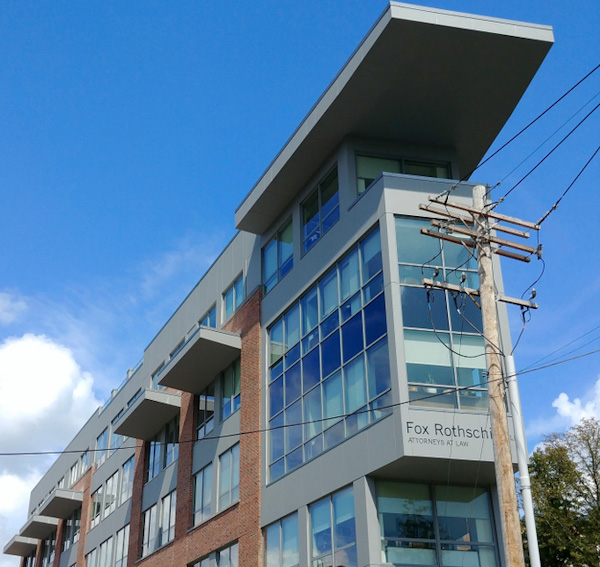As funding for immigration enforcement increases, so will court backlog

Image from Shutterstock.
Immigration courts had a shortage of judges and various “bureaucratic breakdowns” before Donald Trump became president, and the administration’s enforcement increase likely will make things worse if adequate resources are not allotted, the Associated Press reports.
“It would be a shame if the mistakes of the past continue to be repeated,” Judge Dana Marks, president of the National Association of Immigration Judges, told the AP.
The news agency reports that recent executive orders and Homeland Security memos regarding immigration focused on hiring more enforcement agents. But the Trump administration hasn’t addressed immigration court. Out of 374 authorized immigration judge positions, 301 are filled, the article says. In February, the courts had more than 534,000 pending immigration cases nationwide, according to a memo from Homeland Security secretary John Kelly.
There’s a concern among immigration advocates that the president will increase procedures that allow deportation without going through the courts.
“Instead of actually trying to make the courts better, they just want to use them less, even though that obviously is deeply problematic from a due-process standpoint,” Omar Jadwat, director of the American Civil Liberties Union Immigrants’ Rights Project, told the AP.
Ira Mehlman of the Federation for American Immigration Reform, which supports more restriction on immigration, counters that a greater threat of being deported could keep people who are undocumented from staying in the United States.
“They understand that time works to their benefit, and that the longer you can drag this out, the more bites at the apple you can get—the greater the likelihood that you can find some plausible reason for remaining here,” he said.
For immigrants not in custody, cases can take two to five years, according to the article. Marks, who sits in San Francisco, told the AP that she and other judges are tasked with ensuring that the court backlog does not threaten due process.
“But the pressures on the system certainly do allow more opportunities for errors to be made,” she said. “You try to do your best to hear things fairly but also quickly, and there is always a tension between how you strike that balance.”



